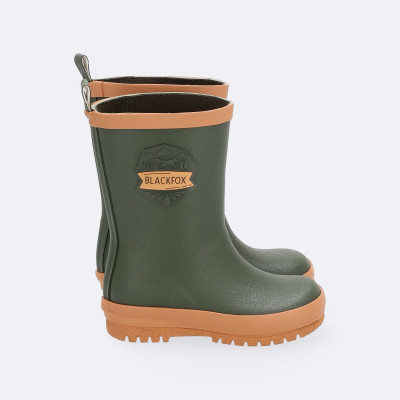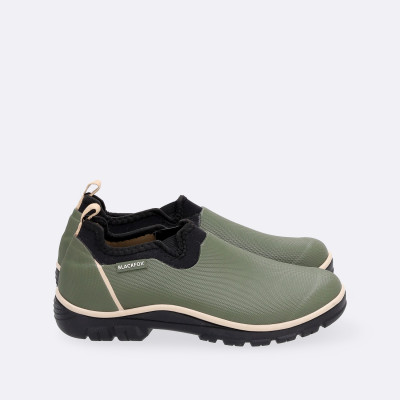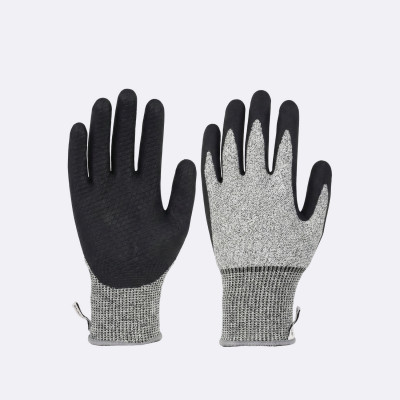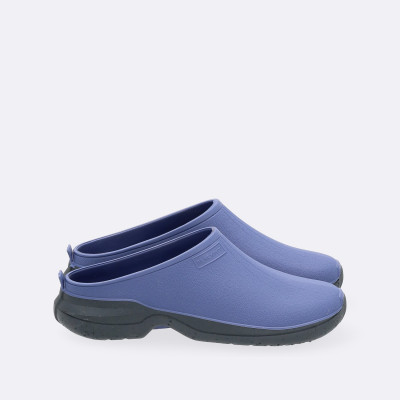Pollen allergy season
Spring is a truly wonderful time of year: nature is coming back to life, the sun has returned from its winter holidays, the temperature is rising, the trees are budding, the gardens are in bloom, and the world is alive with a thousand colours! Rediscovering the garden and spending time outdoors is a delightful experience. But spring also means the return of pollen, and that means hay fever!
In this article, the Renard Noir will show you how to recognise the different trees and flowers that can trigger pollen allergies, as well as how to avoid and treat hay fever.
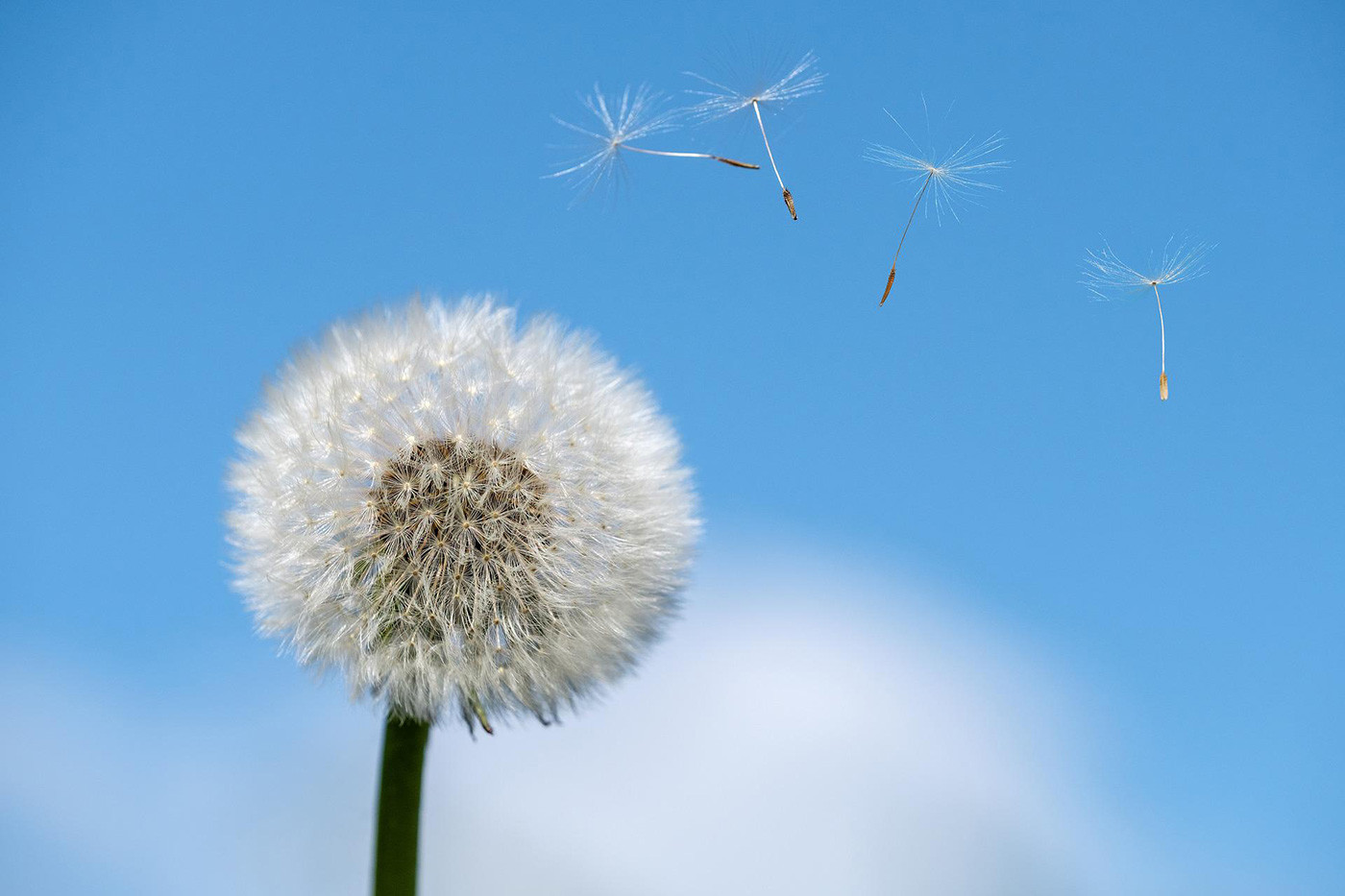
The worst plants for allergies
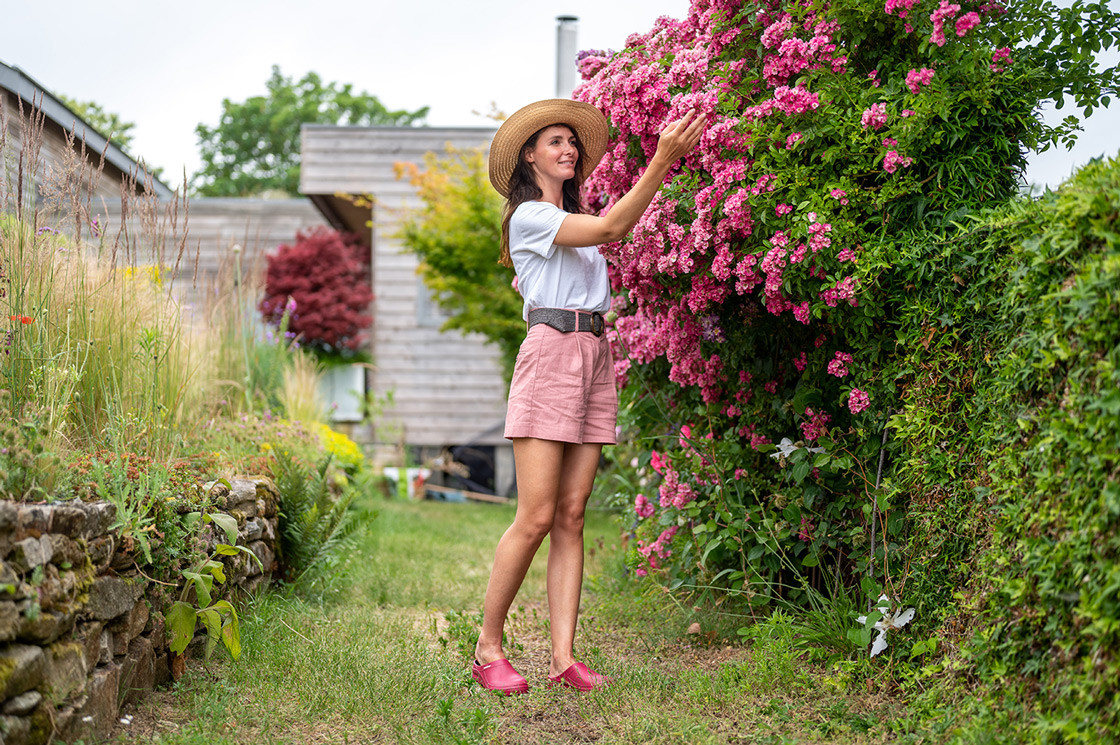
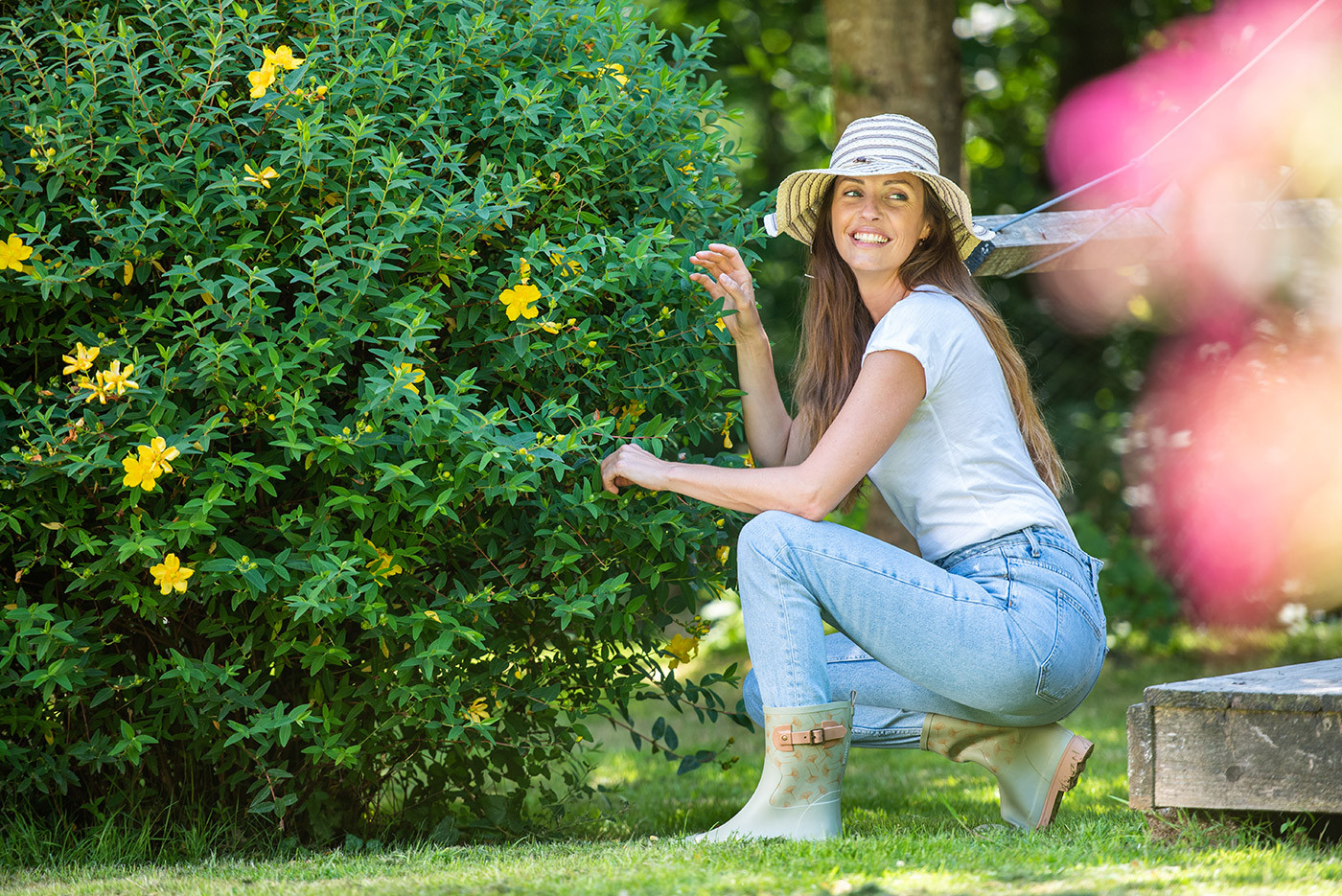
Hay fever affects about 30% of adults and 20% of children in France, making it a real public health issue.
The plant species that are most likely to trigger pollen allergies are:
- Grasses (fescue, timothy, bluegrass)
- Birch (especially in the North of France)
- Cypress, cedar, juniper (more in the mediterranean areas)
- Ragweed (which is an invasive plant in certain areas, making it particularly irritating for people who are allergic to it)
Plants that represent a lower but still high risk include:
- Pellitory-of-the-wall (which is very common in the South of France)
- Olive trees
- Mugwort
- Alder
- Hazel
- Hornbeam
- Plane trees
How to tell if you're allergic to pollen ?
Commonly known as hay fever, pollen allergies typically manifest as allergic rhinitis (or allergic rhinoconjunctivitis). The symptoms of rhinitis are an itchy nose (or a clogged or runny nose), sneezing attacks, itchy/watery red eyes, and/or coughing/wheezing. Unexpected fatigue may also be a symptom.
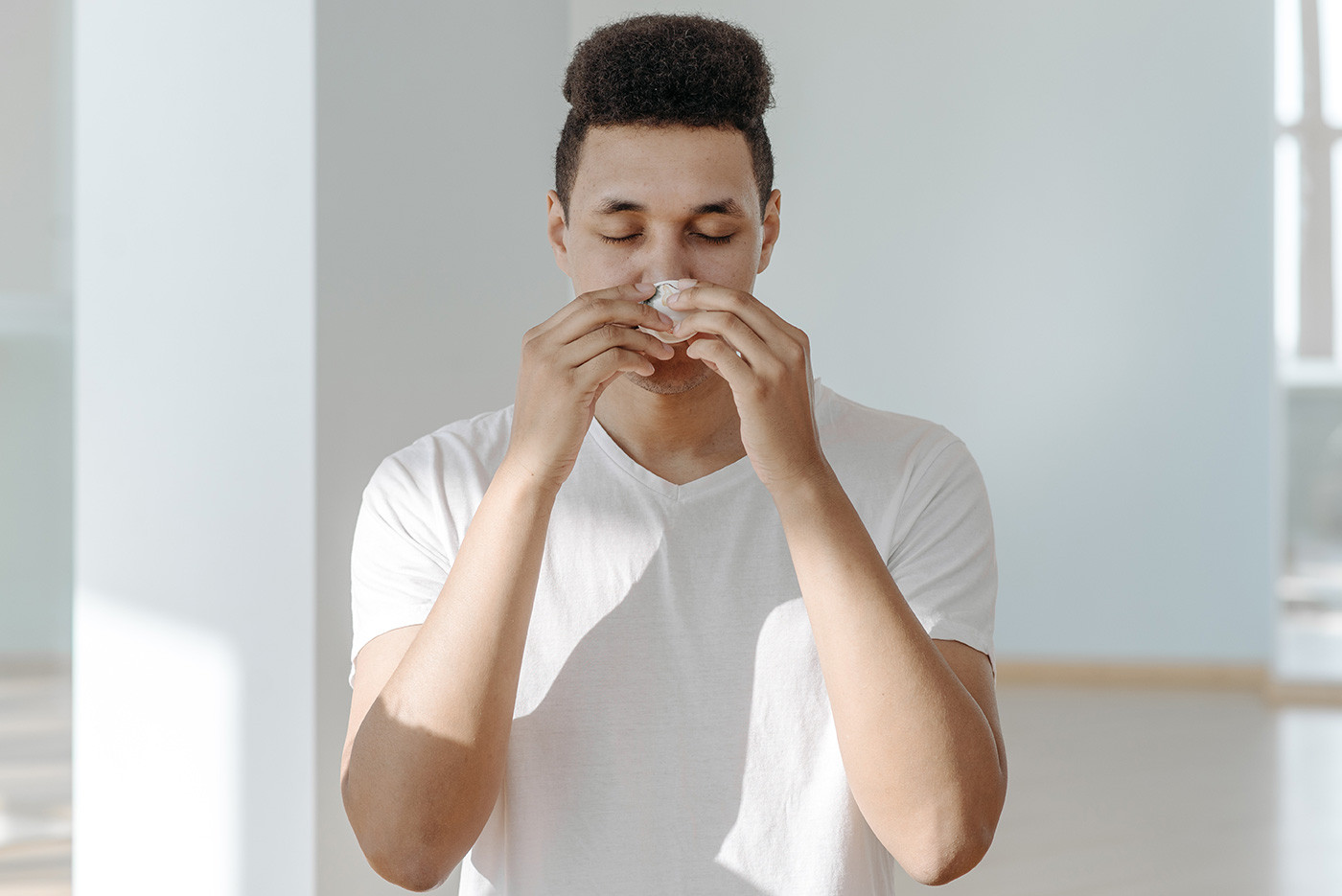
How to treat or avoid allergic reactions ?
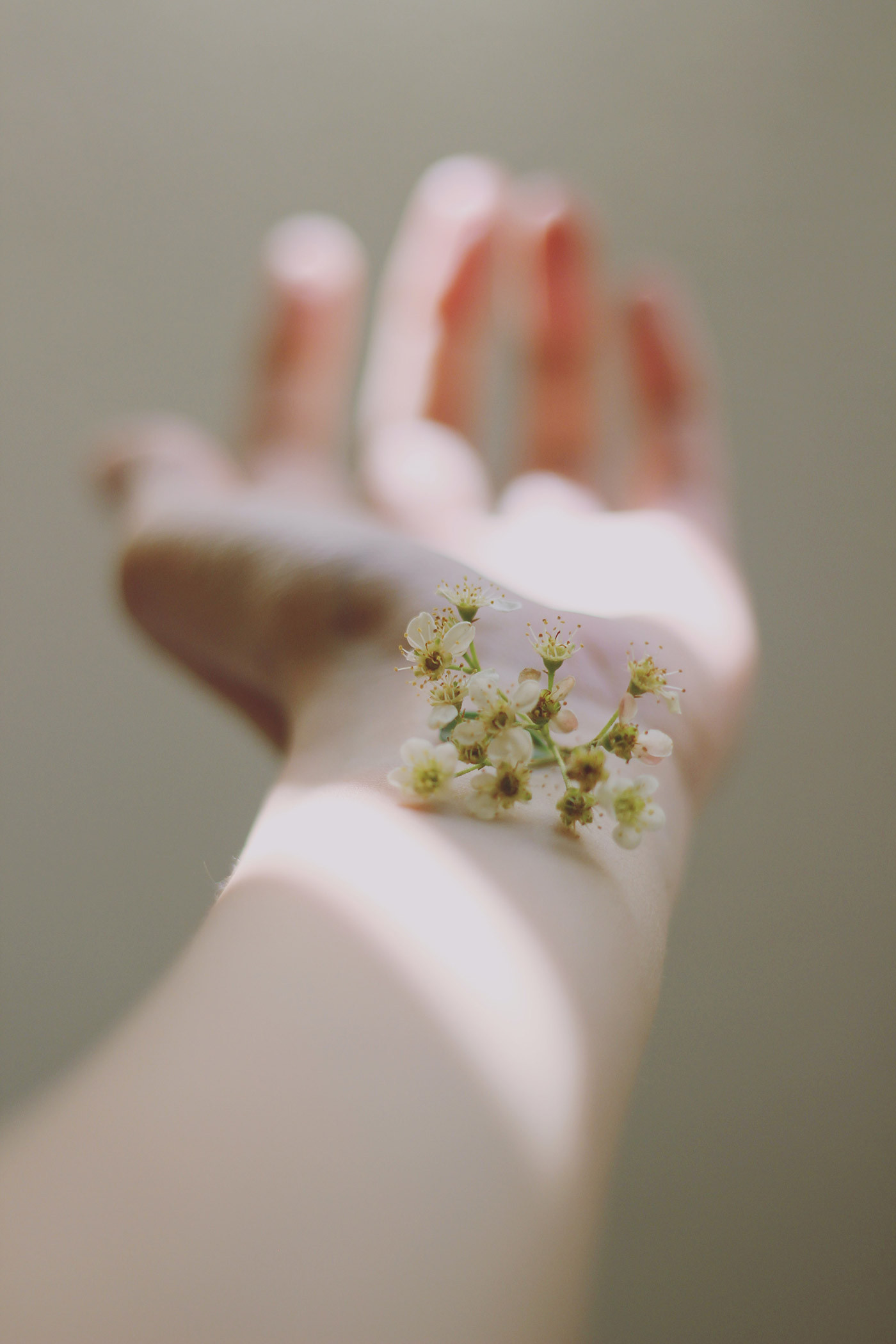
If you are prone to hay fever, allergists have some advice and recommendations for you. First of all, the most virulent pollen season is between April and May, with pollen levels decreasing from July (depending on the plant species). You should therefore be more careful during this period.
If you live in an urban area, pollution can actually interact with pollen and aggravate your symptoms. Additionally, if the weather is nice for several consecutive days, with wind but no rain, the pollen count will be higher and your hay fever may be worse. Conversely, rain may reduce your allergic reactions.
There are actually “sentinel pollinariums” in various regions of France working to assess, analyse and predict the start and end dates of the pollen season, warning registered people via local alerts. Overseen by health professionals (doctors and allergists) as well as gardeners and botanists, pollinariums are an informative tool for people suffering from pollen allergies.
If you are allergic to pollen (or you suspect you might be), you should talk to your GP, who may prescribe antihistamines or refer you to an allergist for desensitisation.
Additionally, experts recommend airing your home early in the morning and/or late in the evening to take advantage of the dew, as well as keeping your car windows closed during the day (there are also pollen filters you can install in your vehicle). It is best to dry your laundry indoors to prevent pollen from clinging to it. In order to avoid asthma attacks, try to avoid jogging on sunny, windy days.
Finally, take a shower in the evening, when you come home, to remove pollen particles from your face and hair. Water will do the job, but you can also clean your mucous membranes (eyes and nose) with saline drops.
If you are extremely sensitive to pollen, you can also wear a protective mask when you are outdoors, which will prevent pollen from entering your throat, ears, eyes and nose.
Stay safe in the garden
Gardeners should plant high-pollen trees in isolation and trim hedges regularly (especially hornbeam hedges) to reduce pollen production (try to avoid this task if you are allergic to pollen). In any case, they should definitely be trimmed before pollen season.
An assessment with an allergist can identify the pollen that is causing you to react so you can avoid planting irritating species in your garden, or even remove them.
An assessment with an allergist can identify the pollen that is causing you to react so you can avoid planting irritating species in your garden, or even remove them.
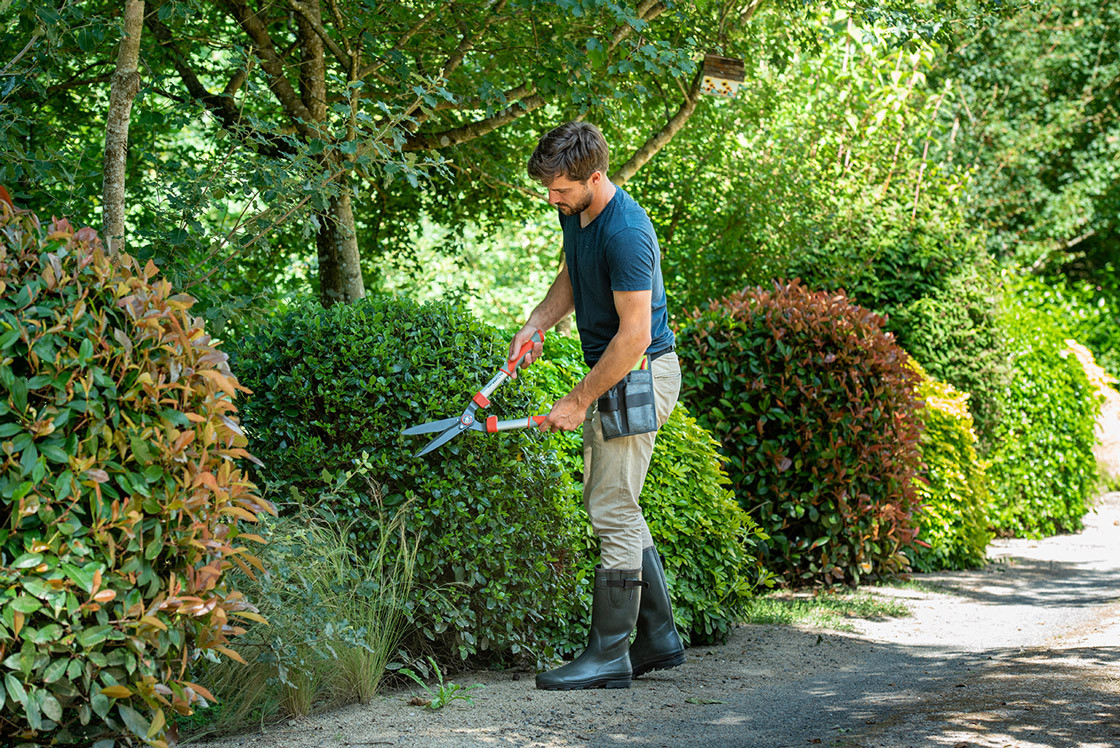
The Renard Noir hopes you have learnt something new about pollen allergies, and that hay fever sufferers have discovered some useful advice. PS After the age of 60, allergies tend to become less severe as the immune system becomes less efficient.



